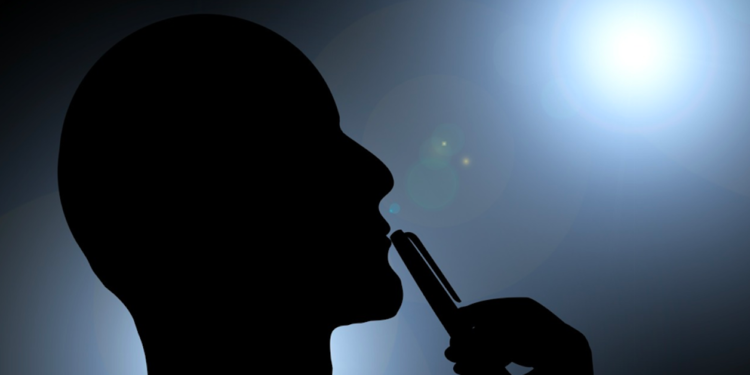Depression is a broad term which covers multiple related mental health disorders. MDD, or Major Depressive Disorder, is a commonly diagnosed condition with depressed patients. The precise depression treatment depends upon the type of depression that has been diagnosed in the patient. The go-to treatment regimen typically includes a combination of medication, SSRIs (Selective Serotonin Reuptake Inhibitors) or SNRIs (Serotonin Norepinephrine Reuptake Inhibitor)], and therapy. When those options prove ineffective at treating depression, VNS, ECT, and TMS treatment regimens are highly recommended.
Symptoms of MDD can include the following:
- Limited powers of concentration and focus
- Inability to maintain a consistent body weight
- Disrupted, interrupted, or irregular sleep patterns
- Feelings of low self-worth, and/or suicidal thoughts
- Extreme restlessness, agitation, moodiness, fatigue, or imbalance
- Apathy or loss of interest in activities that are typically pleasurable
Patients suffering from MDD tend to display multiple symptoms simultaneously. These symptoms persist for quite some time, at least 2 weeks, resulting in overwhelming feelings of despair, loneliness, low self-worth, and loss of interest in multiple daily activities. Major depression is but one of many different types of depression that can be diagnosed in patients. The generally accepted forms of depression include the following:
- Dysthymia (low-level, chronic depression)
- Bipolar Disorder characterized by episodes of euphoria and depression
- Postpartum Depression a.k.a. postpartum disorder or Peripartum Depression as a result of hormonal changes after childbirth and/or during pregnancy
- Major Depressive Disorder (MDD) as described in the body of the article above
A wide range of different types of depression is possible, including Atypical Depression, which is often mitigated by way of emotional responses to positive events. Atypical Depression is associated with feelings of rejection, heaviness and fatigue, oversleeping, and increased appetite. The spectrum of depression disorders extends far and wide, to include the following additional types of depression:
- Seasonal Depression otherwise known as seasonal affective disorder which induces depression based on different seasons, particularly winter and fall.
- Persistent Depression this is a severe form of depression which lasts for two or more years. This chronic depression places an undue burden on work, personal, and social relationships.
- Depressive Psychosis occurs when patients lose touch with reality and start having delusions of grandeur, or psychotic episodes.
- Situational Depression occurs when a patient experiences a depressed mood, brought about by specific events, situations, or realities. Death of a loved one, break-ups, financial ruination, illness et al.
- PMDD occurs in females, and is known as premenstrual dysphoric disorder. The symptoms manifest psychologically and physically.
While there are multiple forms of depression and each one warrants a careful psychological assessment, there are common threads among them. Some people experience multiple symptoms, others experience limited symptoms. Regardless, the severity of the mental health condition is such that it severely curtails your ability to live a normal life, from day-to-day. Negative thoughts are pervasive during depressive episodes, and treatment becomes a top priority for patients.
Among the most touted treatments for depression are meds (antidepressants, antipsychotics, antianxiety medications), mental health therapy (counseling), and other highly effective options when other treatment regimens fail. These include VNS (Vagus Nerve Stimulation), Electroconvulsive Therapy (ECT), and one of the most effective treatments yet, Transcranial Magnetic Stimulation (TMS).









